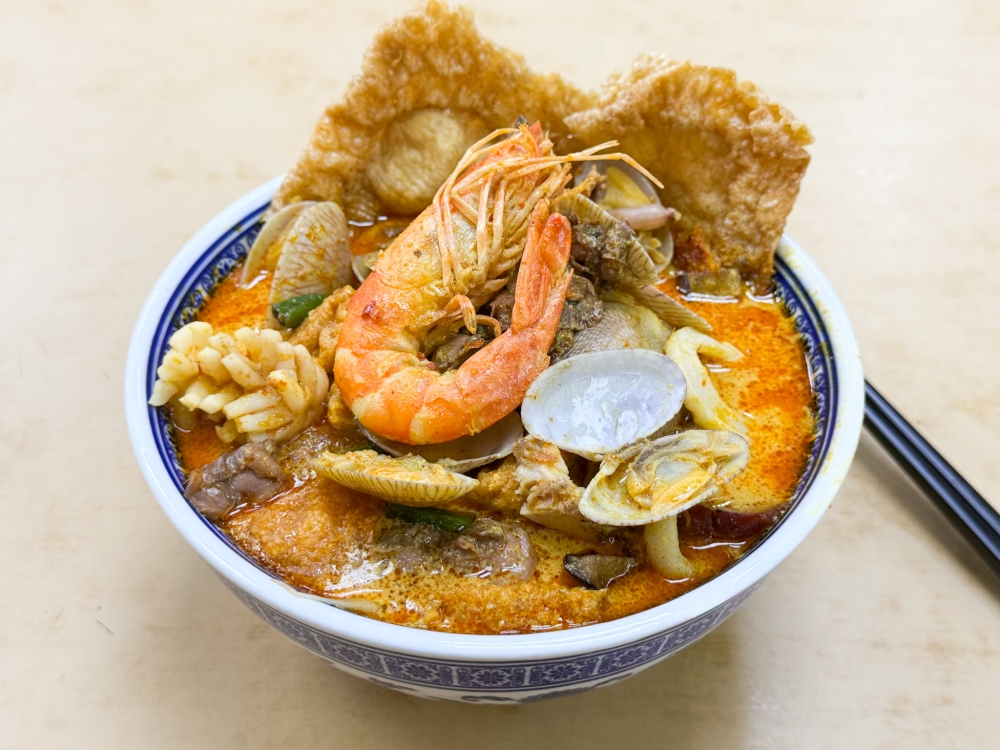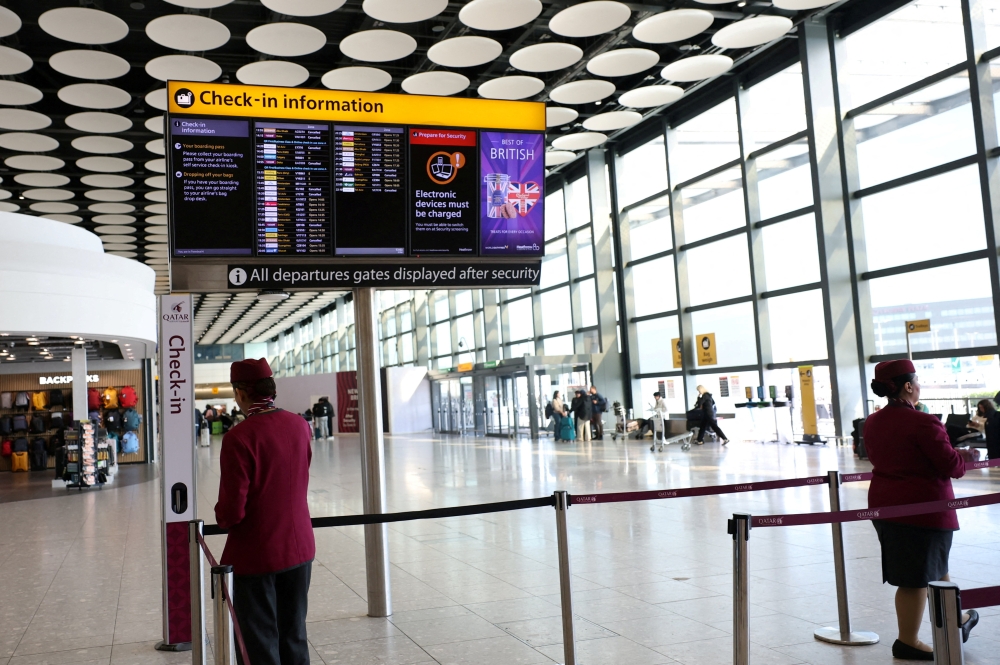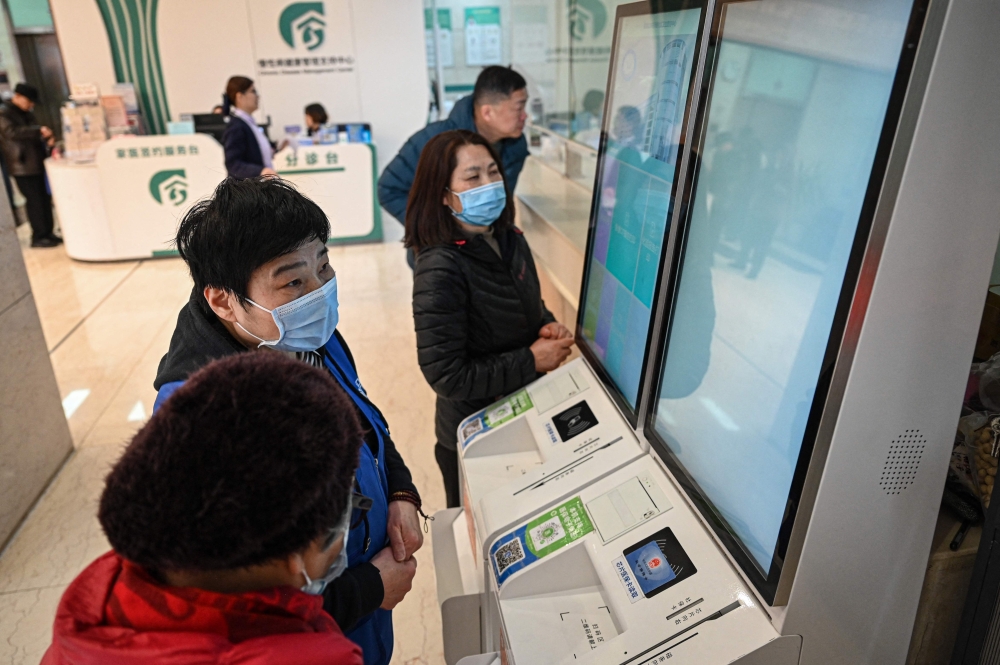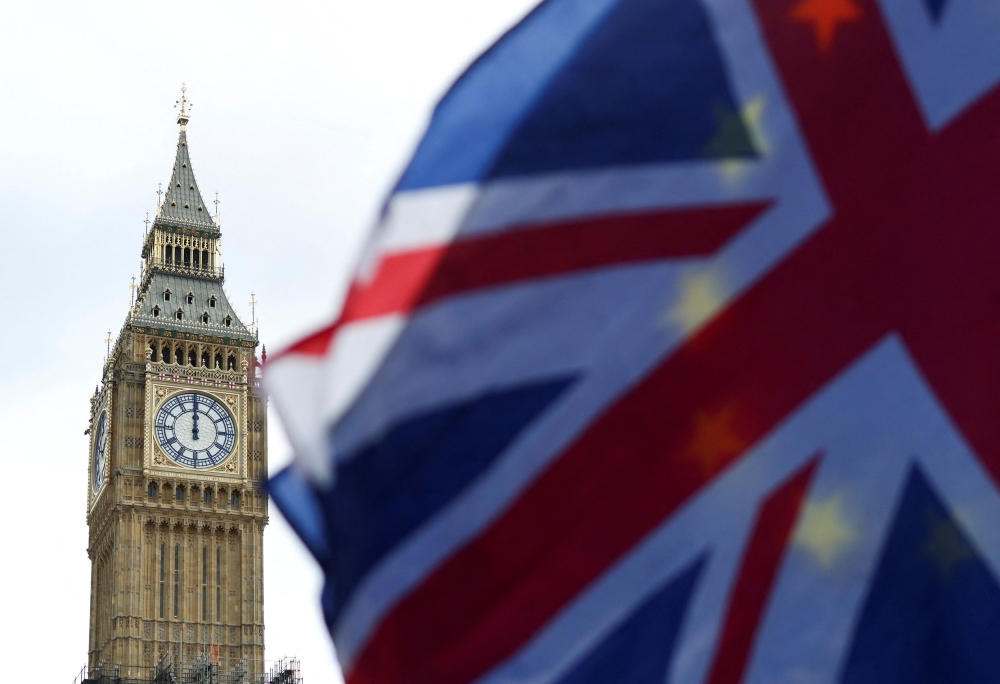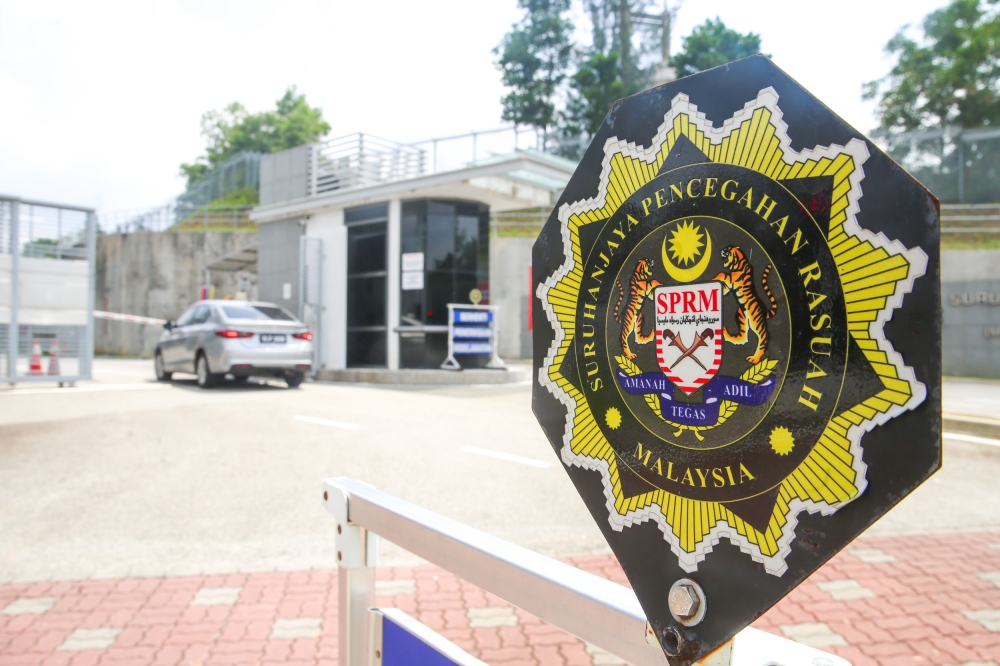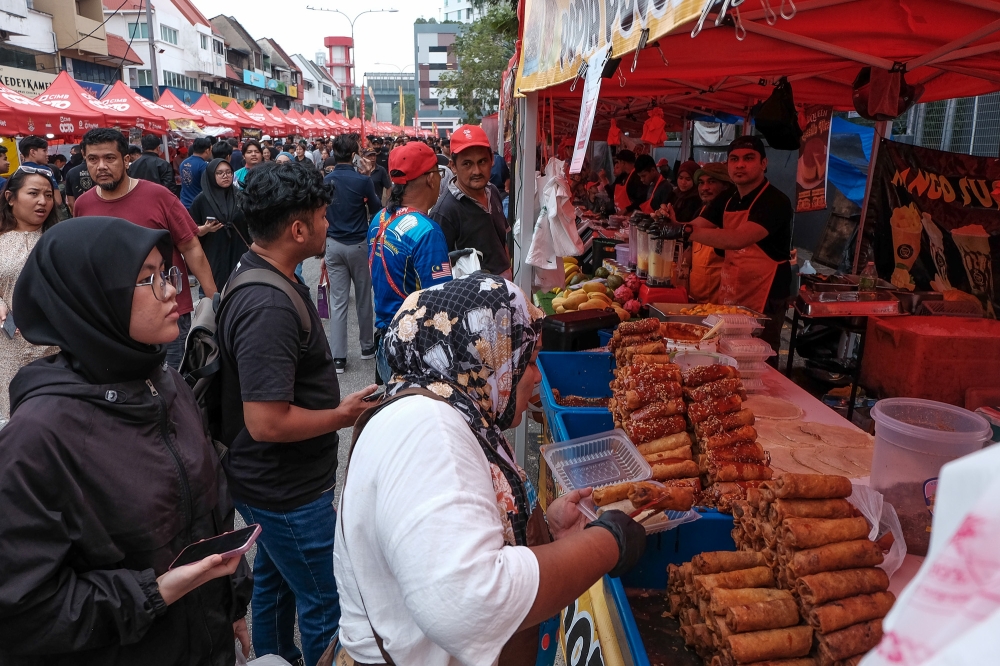DECEMBER 4 — Hypertension (high blood pressure) is a most common chronic health disorder amongst Malaysians. Some healthcare professionals argue that blood pressure goes up as part of the ageing process, whereas many believe that it’s linked more closely to lifestyle and dietary habits. Conventional treatment focuses on controlling blood pressure, where complementary therapies seek to reverse hypertension by natural means over time.
Health Dangers
Risk of heart attack, stroke, and kidney damage is significantly increased when blood pressure is highly elevated. Some of the longest living individuals have blood pressure of around 115/75 in their 60s. Health problems may appear when blood pressure is above 130/90. Hypertension is widely recognised as a silent killer since this disorder takes years to develop and it can eventually trigger a potentially fatal heart attack or stroke.
Adequate rest
Chronic sleep deprivation is a risk factor for hypertension, besides promoting diabetes, weight gain, and chronic fatigue syndrome. Less than five-hours sleep has been linked to 73 per cent increased risk of obesity, which condition can itself lead to hypertension. A four-hour sleep per night raises the hormone GHrelin, which increases appetite for food. It also lowers the hormone leptin, which helps us to suppress our appetite. Insomnia increases your stress hormone cortisol while raising inflammatory markers such IL-6 and C - reactive protein. Chronic inflammation has been linked to most modern-day chronic health disorders including heart disease, diabetes, stroke, hypertension, autoimmune disease, obesity, and most types of cancer. Foods that promote sleep would include those rich in the amino acid L-tryptophan such as from soy isolate, egg white, fresh corn, peanut, pecan nut, almond, pumpkin seed, sunflower seed, seaweeds, wheat bran, wheat germ, wild rice, and cheeses.
Lower sodium intake
The major food sources for sodium include table salt (in any form), MSG, soy sauce, canned or preserved foods, packaged food, and processed meat/vegetable products. Only a very small amount of sodium may be needed daily for non-physically active individuals. If excess sodium is a major cause of your hypertension, then foods rich in the mineral potassium may lower it and these include tapioca leaf, Sengkuang, tomato, potato skin, white mushroom, beans, dark green vegetables, dried apricot, prune, raisin, avocado, and banana.
Sugary foods
The list includes soft drinks, packaged fruit juices, alcoholic beverages, and food items made from refined flour such as white bread, buns, pastry, biscuits, breakfast cereals, roti, and noodles. They promote rapid insulin response leading to weight gain. Consuming more complex carbohydrates such as those from vegetables, seeds, nuts, and unrefined whole grains can lead to better weight management.
Deep-fried foods
Except for virgin coconut oil and perhaps palm oil, vegetable-based cooking oils (corn, sunflower, soy, safflower, olive) tend to easily oxidize (degenerate) and may form dangerous trans fats when fried at high temperatures.
Lifestyles & dietary habits recommended
- Use sesame oil and/or extra virgin coconut oil in food preparation;
- Reduce alcohol and caffeine intake from strong coffee, strong tea, or soft drinks;
- Quit smoking;
- Avoid fruits high in fructose;
- Avoid food products with hydrogenated or partly hydrogenated fats;
- Reduce intake of red meat, organ meat, or preserved meat products;
- Avoid salted fish, egg, meat, and vegetables as well as miso soup, unless you perspire a lot daily;
- Higher daily intake of fresh organic vegetables;
- Add generous amount of spices such as turmeric, ginger, garlic and chili to your cooking;
- Avoid having supper, but have nutritious breakfast with little or no processed food items;
- Have a cup of warm Malaysian cocoa (rich in magnesium) at bedtime;
- Add unsalted and non-deep-fried nuts and seeds to your diets;
- Adequate daily intake of plain (slightly alkaline) water;
- Regular exercises including walking, jogging, aerobic, treadmill, and supervised resistance training;
- Incorporate regular relaxation programmes such as reading, deep breathing, meditation, music therapy, massage therapy, reflexology, aromatherapy, self-hypnosis, far infra-ray, qigong, yoga, and mid-day napping (especially for senior citizens);
- Get involved in a useful hobby or joining a support group or social club;
- Develop a habit of learning more self-help techniques for coping with your own chronic health conditions; and
- Maintain a relaxing, pleasing, and positive attitude toward life.
Therapeutic Foods
A principal vegetable for lowering hypertension is fresh celery. Besides potassium-rich foods, other helpful food items include star fruit, guava, almond, water cress, bell pepper, cocoa powder, coconut meat, garlic, fatty fish and dark green vegetables such as spinach and kailan.
Nutraceuticals
After carefully evaluating your overall health conditions, the qualified nutritional medicine practitioner may supervise your controlled intake of nutrients such as L-arginine, L-citrulline, L-glutamine, L-tryptophan, EPA/DHA, B’s vitamins, ginsenosides, magnesium citrate, and potassium citrate. Do not self-treat. Seek competent advice on reducing abdominal fat. Hypertension may also have a genetic link (eg. Asians carrying the ApoE4 allele). If you’re already on medication(s), you must not stop on your own accord without seeking medical advice.
* Prof Datuk Seri Dr Steve Yap is the Dean of the School of Complementary/Traditional Medicine & Allied Health at Genovasi University College.
* This is the personal opinion of the columnist.




